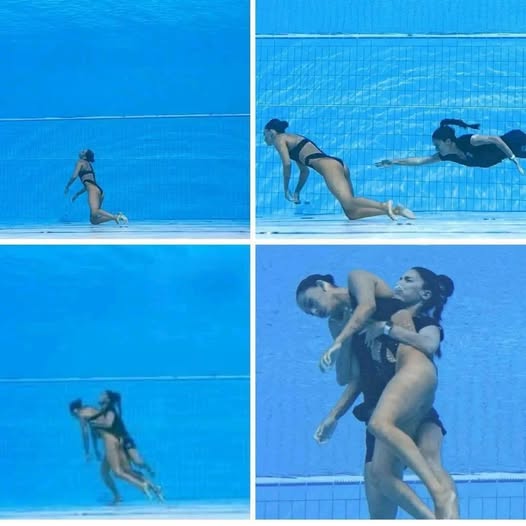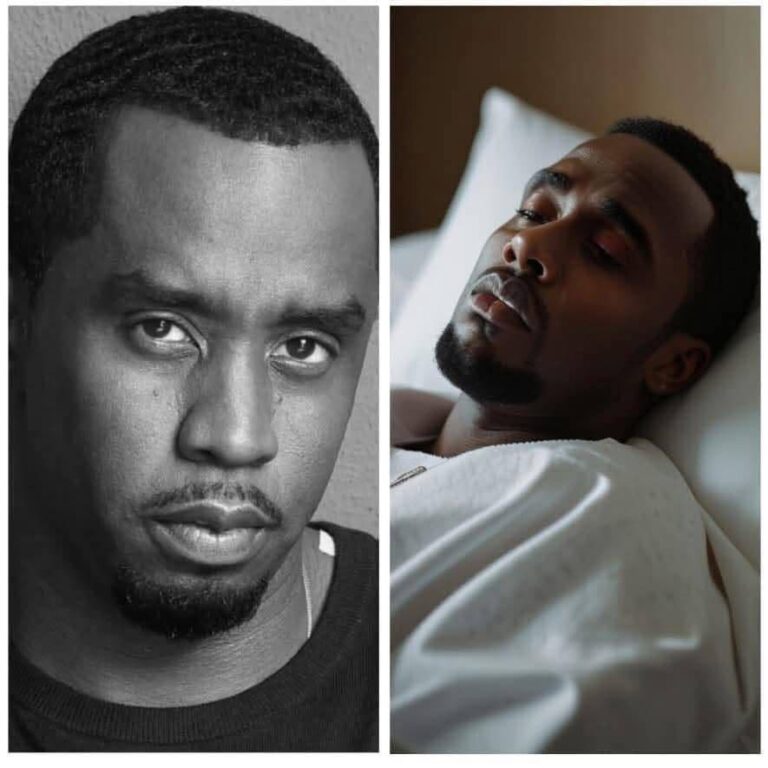She was drowning and no one noticed
A tragic and deeply unsettling event has shaken a Canadian community and sparked urgent calls for reform after a 14-year-old student drowned during a high school swimming class—remaining unnoticed underwater for an astounding 38 minutes before anyone realized he was missing. The devastating incident has now prompted a coroner’s report urging sweeping changes to swimming instruction protocols in schools across the country.
The victim, Blessing Claude Moukoko, was an eighth-grade student participating in a routine physical education class on February 15, 2024, at Montreal’s Centre Père-Marquette, where swimming lessons were part of the curriculum. During the session, Moukoko somehow ended up submerged at the bottom of the deep end of the pool. Disturbingly, despite the presence of supervisors and other students, his absence went unnoticed until the conclusion of the class.
It was only after the session ended and students were preparing to leave that his classmates spotted his lifeless body still underwater. Alarm quickly spread, and Moukoko was pulled from the pool. Immediate CPR efforts were initiated in a desperate attempt to revive him, and paramedics arrived swiftly, transporting him to Maisonneuve-Rosemont Hospital. However, despite the best efforts of emergency responders and hospital staff, the damage was already profound. Moukoko had suffered severe, irreversible brain damage from the prolonged lack of oxygen.
Six heartbreaking days later, the young teen passed away, leaving his family, classmates, and the entire community in mourning.
Following a comprehensive investigation into the incident, the coroner’s report was released, shedding light on critical failings in the structure and focus of school swimming programs. The findings emphasized that swimming lessons should prioritize water safety education, rather than solely concentrating on technical instruction or competitive skill development. Proper supervision, more rigorous safety measures, and a greater emphasis on drowning prevention are now being urgently recommended to ensure such a tragedy never occurs again.
Montreal Mayor Valérie Plante expressed her sorrow and emphasized the gravity of the incident during a public statement to the Montreal Gazette. “It just breaks my heart. It’s hard for me to think about this teacher who was there when it happened. It’s just terrible,” Plante said, her voice heavy with emotion. She stressed the necessity of a systematic overhaul, adding, “Let’s make sure that our kids know how to behave in water, and let’s make sure that school boards have enough resources so they can make sure that everybody’s safe.”
The tragedy has ignited a broader conversation about how schools across Canada approach swimming education, with calls for national standards to ensure better training for instructors and more vigilant supervision during aquatic activities. Experts are suggesting enhanced lifeguard presence during classes, mandatory safety drills, and stricter attendance checks before and after swim sessions.
Blessing Claude Moukoko’s untimely death stands as a somber reminder of the profound responsibility educators and institutions carry when it comes to safeguarding students’ lives. His story has already galvanized support for reforms, and there is hope that out of this loss, meaningful changes will be made to protect other children in the future. The memory of the young boy, described by friends and family as kind-hearted and full of promise, now serves as a call to action to ensure that no family has to endure such a tragedy again.





